What does "human" mean in the technological age?
The rapid development of artificial intelligence presents new challenges and opportunities for the humanities. In the spring of 2025, the international course titled AI and the Humanities took place at the Faculty of Humanities and Social Sciences of the University of Szeged. The course was organized with the participation of instructors and students from the universities of the European University Alliance for Global Health (EUGLOH). Uniquely combining theoretical approaches with practical, interactive activities, the course brought together international educators and students to reflect on a shared question: What does it mean to be “human” in the age of artificial intelligence?
Multidisciplinary and International Approach
The aim of the course was to initiate a dialogue on the cultural, ethical, and creative aspects of artificial intelligence. Participants explored the relationship between AI and human authorship, meaning-making, creativity, and interpretation. Key questions included: How does AI influence art and literature? What new challenges arise in understanding human labor or accepting autonomous machines?
Before the three-day on-site program in Szeged, an online opening discussion laid the groundwork for shared reflection. During the in-person sessions, participants not only attended lectures and seminars but also took part in fieldwork, interactive workshops, and experimental art projects.
Among the course’s distinguished lecturers were:
- António Coelho (University of Porto), who spoke about the connection between XR technologies and the expansion of human capabilities;
- Szabolcs Prónay (University of Szeged, Fulbright Scholar, UC Berkeley), who examined the social acceptance of self-driving vehicles;
- Felicity Hammond (London-based artist and educator), who explored the boundaries between artificial and human perception through a performative installation;
- Fruzsina Spitzer (Budapest-based visual artist), who led a workshop on the possibilities of generative creation using AI tools.
The program was professionally curated by Izabella Füzi and Ágnes Matuska (Faculty of Humanities and Social Sciences, University of Szeged), who emphasized student engagement and reflective thinking. The theoretical framework was informed by the works of thinkers such as Lev Manovich, Meghan O’Gieblyn, Kate Crawford, and Holly Case.
A Timely Topic – Creative Pedagogy – International Community
The AI and the Humanities program not only reflected on the socio-cultural implications of artificial intelligence but also experimented with new forms of learning. An offline, smartphone-free city mission, playful learning methods, AI tool experimentation, and the communal sharing of personal experiences all contributed to a more complex understanding of our relationship with AI.
Students who actively participated in the sessions and submitted a reflective essay received an EUGLOH Certificate and 3 ECTS credits.
The Questions of the Future — Here and Now
The AI and the Humanities program made it clear: artificial intelligence is not merely a technological issue. Its cultural, philosophical, and social consequences will profoundly shape how we think about human experience in the long term. This international course at the University of Szeged served as an inspiring example of how to approach one of the defining topics of the 21st century critically, creatively, and collaboratively.
While even this workshop report could have been generated by AI, participants emphasized that the most valuable outcome was how the transformative conversations impacted their everyday actions — whether they involve AI or not.

 European University Alliance for Global Health
European University Alliance for Global Health







